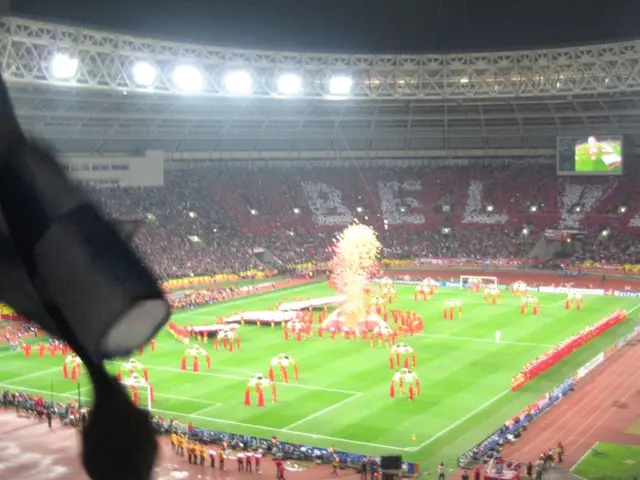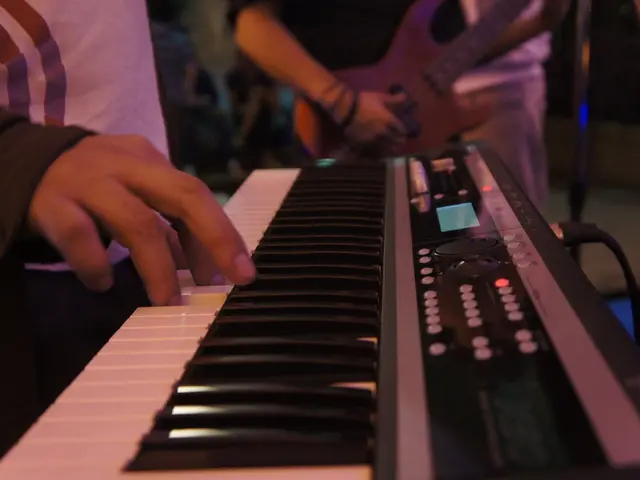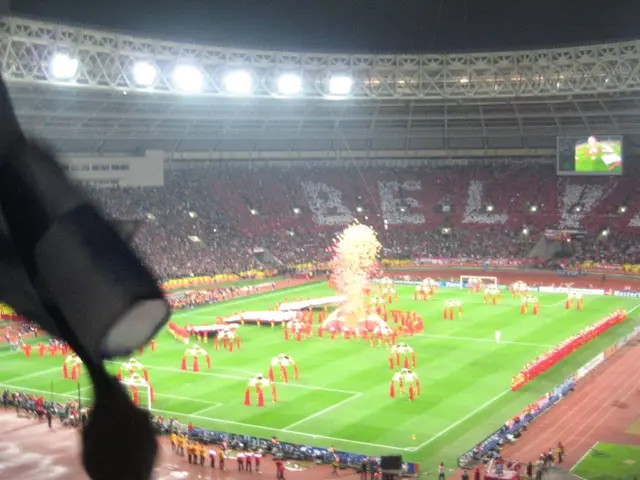Are Chinese firms in Africa accused of illicitly exploiting mineral resources?
In the heart of Africa, the Democratic Republic of Congo (DRC) and Ghana are grappling with a persistent issue that threatens their environment and undermines the efforts of their authorities in the fight against the illegal exploitation of minerals.
Illegal gold mining operations are rampant in the DRC, with Chinese entrepreneurs partnering with local chiefs and providing sophisticated excavation machinery, contributing to the recent increase in such activities. This partnership has led to the arrest of seven individuals, including three Chinese and four Congolese citizens, for their involvement in these illegal mining operations.
However, it's important to note that no specific Chinese companies have been named in the search results for operating illegal mining in Ghana or the DRC. Yet, reports have emerged of Chinese companies profiting from illegal gold mining activities in African countries such as Sierra Leone.
The silence of the Chinese authorities on these illegal gold mining cases on the continent is seen by some as a form of modern-day colonization. This sentiment is further fuelled by the fact that some Chinese companies use harmful substances like mercury and cyanide during the gold extraction process, polluting rivers and making the water undrinkable for local communities.
Mercury, in particular, can remain in water for up to 1,000 years and could affect the entire food chain, as it accumulates in fish and can enter crops irrigated by the water. This poses a significant threat to the health and livelihoods of the local communities.
In Ghana, the authorities' inaction seems to encourage illegal gold mining, with high-ranking officials reportedly involved in corruption. Civil society organizations in the country, such as the coalition led by Andrew Edwin Arthur, have given the government a two-week ultimatum to ban all illegal gold mining activities.
Stanis Bujakera Tshiamala, a DRC journalist, denounces illegal operations on the Boss Mining site, highlighting the urgent need for action. Israeli Derrick Apeti, a Ghanaian painter, uses polluted water from illegal gold mining to create artwork denouncing this harmful practice.
The question remains whether China will be able to rein in the companies and citizens involved in illegal gold mining or turn a blind eye to this violation of local communities' rights. The answer to this question could shape the future of Africa's environmental and social landscape.
Read also:
- United States tariffs pose a threat to India, necessitating the recruitment of adept negotiators or strategists, similar to those who had influenced Trump's decisions.
- Weekly happenings in the German Federal Parliament (Bundestag)
- Southwest region's most popular posts, accompanied by an inquiry:
- Discussion between Putin and Trump in Alaska could potentially overshadow Ukraine's concerns








